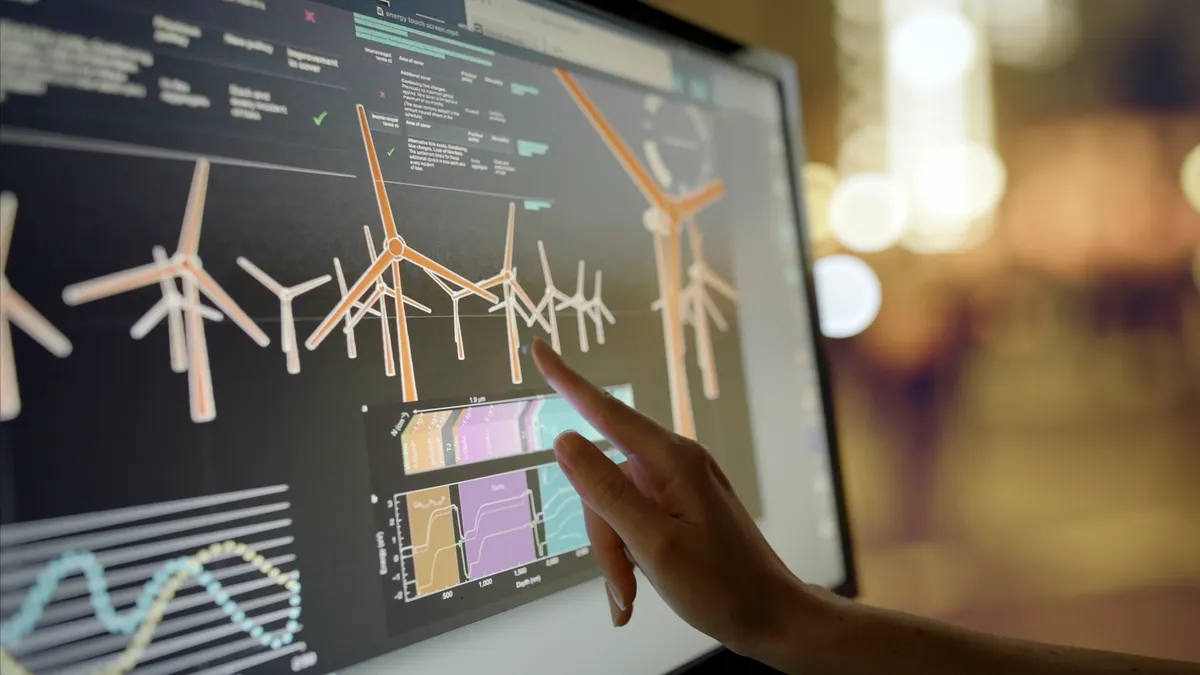The Future of Business and Technology: How Innovation Is Redefining Global Commerce
In the 21st century, business and technology are no longer separate domains — they are inseparable forces driving one another forward. Every major business transformation today is fueled by technology, and every technological breakthrough creates new business opportunities. From artificial intelligence and automation to blockchain and data analytics, the fusion of business and tech is reshaping industries, customer behavior, and the very definition of success.
This article explores how technology is transforming business models, redefining competition, and creating a new digital economy where innovation, agility, and intelligence reign supreme.
The Digital Transformation Era
Digital transformation is more than just adopting new tools — it’s a complete rethinking of how businesses operate and deliver value. Over the past decade, industries ranging from retail to healthcare and finance have undergone rapid digitalization.
Businesses have learned that technology isn’t just about efficiency; it’s about survival. Companies that once relied on traditional methods have been forced to evolve or risk extinction. For example, brick-and-mortar retailers that failed to embrace e-commerce saw their market share vanish in favor of online giants like Amazon, Alibaba, and Shopify-based brands.
At its core, digital transformation revolves around integrating technology into every part of an organization — from marketing and sales to operations and customer service. This integration allows businesses to work faster, smarter, and more efficiently while providing personalized experiences that customers now expect.
Artificial Intelligence: The Brain of Modern Business
Among all technological advancements, artificial intelligence (AI) stands out as the most transformative. AI allows businesses to analyze massive amounts of data, automate decision-making, and predict trends with remarkable accuracy.
AI-driven algorithms power everything from Netflix’s recommendation system to financial risk analysis and medical diagnostics. In the business world, AI enables companies to gain data-driven insights, streamline operations, and improve customer engagement.
For example:
-
In marketing, AI tools analyze consumer behavior and create personalized campaigns.
-
In manufacturing, predictive maintenance powered by AI reduces downtime and costs.
-
In finance, AI automates trading, fraud detection, and customer service through chatbots.
-
In HR, AI helps identify the best candidates and reduce hiring bias.
As businesses adopt AI more deeply, the competitive advantage shifts from companies with the most capital to those with the most data intelligence. Organizations that effectively use data will lead the next wave of business innovation.

Automation and the Future of Work
Automation is revolutionizing productivity across industries. From robotic assembly lines to software bots managing repetitive office tasks, automation enhances efficiency while reducing human error.
Robotic Process Automation (RPA) has become a key tool in business operations. It automates routine tasks like data entry, payroll processing, and inventory management, freeing employees to focus on creativity and strategy.
However, automation also brings challenges. The fear of job displacement is real, especially in industries dependent on repetitive labor. But rather than eliminating jobs entirely, automation is reshaping them. The workforce of the future will require new skills — particularly in data analysis, digital literacy, and creative problem-solving.
Forward-thinking businesses are already investing in upskilling programs to prepare employees for this shift. Instead of viewing automation as a threat, leading companies treat it as an opportunity to boost productivity and innovation.
Data: The New Currency of Business
In the digital economy, data is the new oil — a valuable resource that fuels decision-making, innovation, and competitive advantage. Companies collect and analyze vast amounts of information about their customers, markets, and operations.
Through Big Data analytics, organizations can uncover patterns that drive smarter strategies. Retailers use customer data to forecast demand and manage supply chains. Banks use analytics to detect fraud. Marketers use it to segment audiences and target them with precision.
But with great power comes great responsibility. Data privacy has become a central issue in business ethics. Regulations like GDPR (General Data Protection Regulation) and CCPA (California Consumer Privacy Act) have forced companies to become more transparent about how they collect and use information.
Businesses that can balance personalization with privacy will be best positioned to build trust in an increasingly data-conscious world.
Cloud Computing: The Backbone of Digital Business
The rise of cloud computing has democratized technology, enabling businesses of all sizes to access powerful tools without massive infrastructure costs. Instead of relying on physical servers, companies can now store, process, and access data online — securely and at scale.
Cloud platforms such as Amazon Web Services (AWS), Microsoft Azure, and Google Cloud have become the foundation of modern business operations. They allow organizations to scale resources up or down based on demand, making business models more flexible and cost-efficient.
The cloud also fuels collaboration. Remote teams across continents can work together seamlessly, share data in real-time, and use integrated software solutions — a critical advantage in a world where remote and hybrid work are the new norm.
As cloud technology evolves, multi-cloud and hybrid solutions are emerging as strategies for greater reliability, cost optimization, and data security.
Blockchain: Trust and Transparency in Business
While often associated with cryptocurrency, blockchain has far-reaching implications for the broader business world. It provides a secure, decentralized ledger system that enhances transparency, reduces fraud, and streamlines transactions.
In supply chain management, blockchain allows companies to trace products from origin to destination, ensuring authenticity and ethical sourcing. In finance, it enables faster and more secure cross-border payments. In real estate, it simplifies contracts and title transfers through smart contracts.
Businesses adopting blockchain gain a competitive edge through trust and efficiency. As industries grow more interconnected, blockchain’s ability to provide verifiable, tamper-proof records will become increasingly valuable.
Cybersecurity: Protecting the Digital Enterprise
As businesses become more digital, the importance of cybersecurity grows exponentially. Data breaches, ransomware attacks, and identity theft have become everyday threats.
Companies are investing heavily in cybersecurity infrastructure — including encryption, multi-factor authentication, and AI-driven threat detection. Beyond technology, however, businesses must also address the human factor: employee awareness and training.
Cybersecurity is no longer just an IT issue; it’s a core business priority. Protecting digital assets and maintaining consumer trust are essential for long-term success in the tech-driven business environment.
The Rise of the Digital Customer
Technology has not only changed business operations — it has transformed consumers themselves. The digital customer expects instant service, personalized experiences, and seamless online interactions.
Social media, mobile apps, and e-commerce have given customers unprecedented power and voice. Businesses must now be responsive, transparent, and innovative in how they communicate.
Customer experience (CX) has become a defining factor of success. Brands that use data and technology to create frictionless journeys — from browsing to purchase to after-sales service — gain loyalty and advocacy.
For example, companies like Amazon and Apple dominate not just because of their products, but because of their customer-centric ecosystems built on convenience, personalization, and trust.
The Future of Business and Technology
Looking ahead, the convergence of business and technology will only accelerate. Three major trends will shape the next decade:
-
Artificial Intelligence Everywhere: AI will move beyond data analytics into creative and strategic roles, becoming a partner in innovation.
-
Sustainability Tech: Green technologies — from renewable energy to carbon-tracking software — will help businesses align profitability with environmental responsibility.
-
Decentralized and Autonomous Systems: Blockchain, edge computing, and the Internet of Things (IoT) will enable self-regulating, intelligent networks that reshape industries.
Businesses that can innovate quickly, adapt continuously, and invest responsibly will be the leaders of tomorrow. The key lies in combining technology with human insight — using machines to enhance, not replace, human creativity and decision-making.

Conclusion
The relationship between business and technology is not static — it’s a living ecosystem of ideas, tools, and innovation. In this era of digital transformation, success belongs to organizations that see technology not as a cost, but as a catalyst for growth.
The future of business will be defined by intelligence, integration, and impact. Companies that harness data, embrace automation, and build trust through transparency will thrive in the digital economy.
As the line between business and technology continues to blur, one truth remains clear: those who innovate boldly today will define the marketplace of tomorrow.

